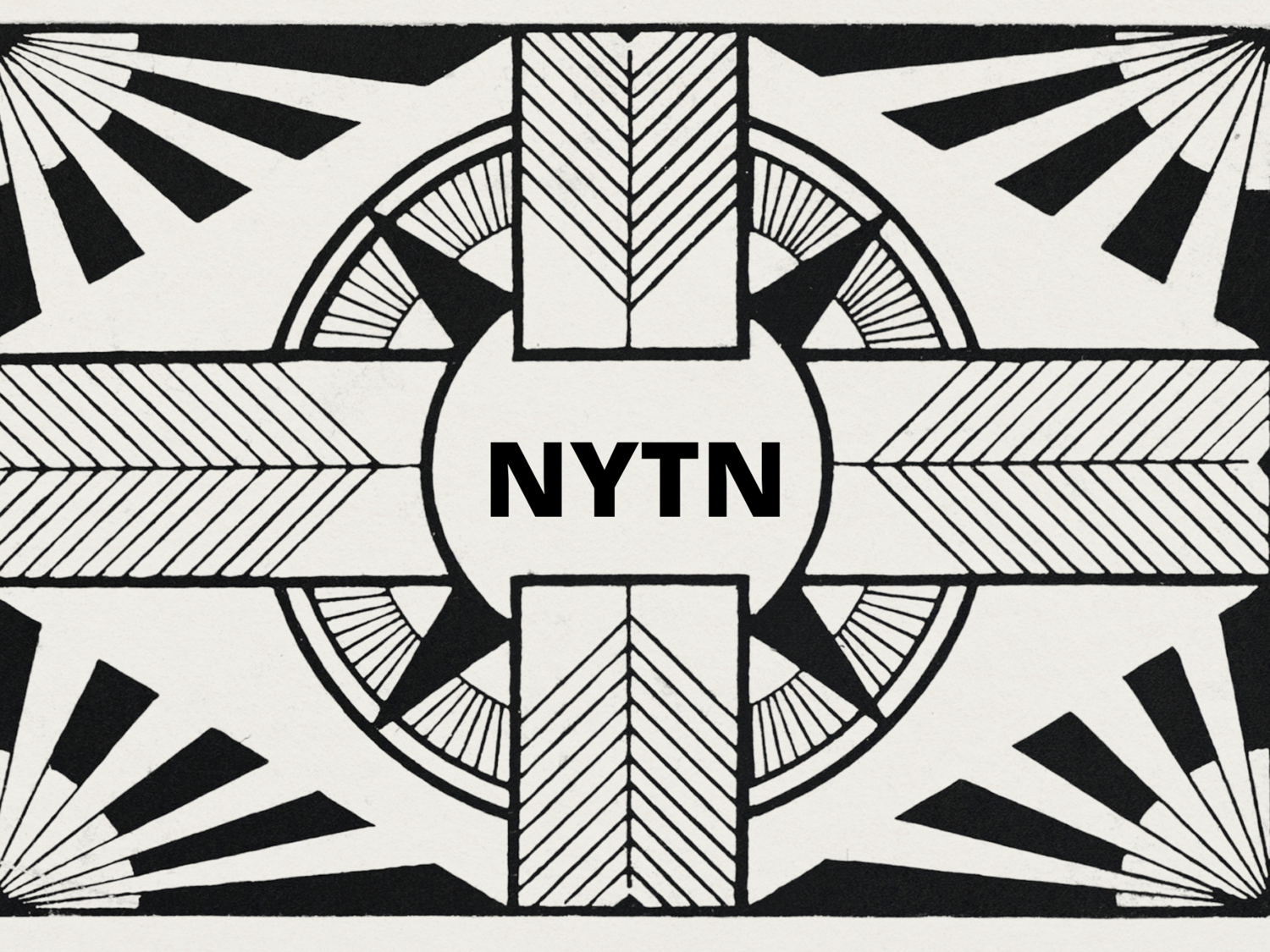My great grandfather was a slave who sued for his freedom-- so why didn’t I feel free?
Juneteenth thoughts on true freedom by Danielle Romero
My 5th great grandfather, Nöel was purchased for $1700. In 1822, he sued for his freedom. And won.
Nöel was a slave in the deep south of Louisiana and his master Antoine Coindet, had just passed away. The conditions of Nöel’s 1817 bill of sale stated that upon the death of his owner, he would be emancipated. His freedom was intricately tied to the death of his master. But this freedom did not come easy. Three months later, he remained enslaved. Nöel took the estate executor to court and won his freedom (Nöel Coindet v. Benjamin Metoyer). Forty one years before Lincoln’s Emancipation Proclamation declared "that all persons held as slaves….are, and henceforward shall be free,” Nöel pursued the freedom that was promised to him- but he didn’t stop there. He emancipated his daughter as well. Six year old daughter Marie cost him $350. He paid it off in two installments. Freedom begets freedom.
I have checked off “white” on forms my entire life. Maybe not everyone saw me that way, but you are whatever you have been told that you are. One day, I saw a wedding photo of my great grandmother Lodisocia (Lola), who died two years before I was born. This was not a white woman, and I had to know more. It became my personal mission.
At the time, I had no idea about my great grandmother’s family history-- and apparently neither did anyone else. In fact, my great grandmother was known for saying that she was French. She went by the nickname “Lola”, at least for a little while. In 1920, Lola met an Irish New Yorker who was working in her hometown of Campti, Louisiana. Soon after, my great grandfather Daniel and his bride left Louisiana forever--leaving behind her family history. Leaving behind her census records. Leaving behind her poverty. Leaving behind her identity. Leaving behind my identity. She started going by the much more accepted “Louise” and just like that-- her family became white. We became white.
After unearthing her story, I began a frantic search for my identity. Who could tell me what I was? I spent hours pouring over documents and census records. They only magnified the confusion. In the eyes of the government, my family was described in varying ways throughout the years. Sometimes the family was listed as mulatto (which they were). Sometimes listed as Mexican (which they were). Sometimes they were White (which they were). Sometimes Native American (which they were).
I learned that that race in Louisiana resembles a pot of gumbo. It’s everything at once and good luck trying to separate it out after it’s been mixed together. Only one thing remained unchanged from census to census: they were a family of subsistence farmers with very little education, but lots of children.
Around this time I had my first child. I obsessed about articulating my identity because now my daughter’s identity was in question as well. The stakes felt so high to me. Race is everything in America. Where would I land?
I saw no middle ground. The pressure of this thing had bound me for years. I struggled over my identity in college. I felt shame thinking about the amount of times I had relaxed my hair. I panicked when I had to fill out the “race/ethnicity” section on my children’s medical form.
Now, I was the slave.
I had a servile relationship to racial identity and I needed desperately to be freed. It’s obvious that I am not in bondage alone: families, neighborhoods, churches, schools, cities, states. All enslaved. When the Slave Master puts people in bondage, he casts a wide net. The kind of freedom we need cannot be legislated or coerced through violence. We need a new kind of Emancipation- one that is written on our hearts instead of on paper.
Like Nöel’s story, our freedom is intricately tied to the death of our Master-- Jesus’ death and resurrection give us a pathway to permanent, eternal freedom. Although it is for all people, it does not come to us instantly or easily. Like my grandfather, we must recognize that freedom is already ours-- and pursue it.
Juneteenth commemorates the emancipation of the last freed slaves. Although President Lincoln had legally freed them more than two years prior, it took a long time for the news to travel. I wonder if the news was kept from the slaves intentionally-- probably. Reflect on that: people were living as slaves --even though they were legally FREE. Friend, did you know that you have been freed?
Your neighbors may not believe we can be free from racial strife, but you are freed. Your city may not treat us like you are free, but you are freed. Even your family and friends may try and tell you that things can never change and this is how it will always be. Don’t believe them.
“ It is for freedom that Christ has set us free. Stand firm, then, and do not let yourselves be burdened again by a yoke of slavery.” (Galatians 5:1)
The heavenly proclamation has gone forth: I am no longer a slave. I am free. “So if the Son sets you free, you will be free indeed” (John 8:36)
